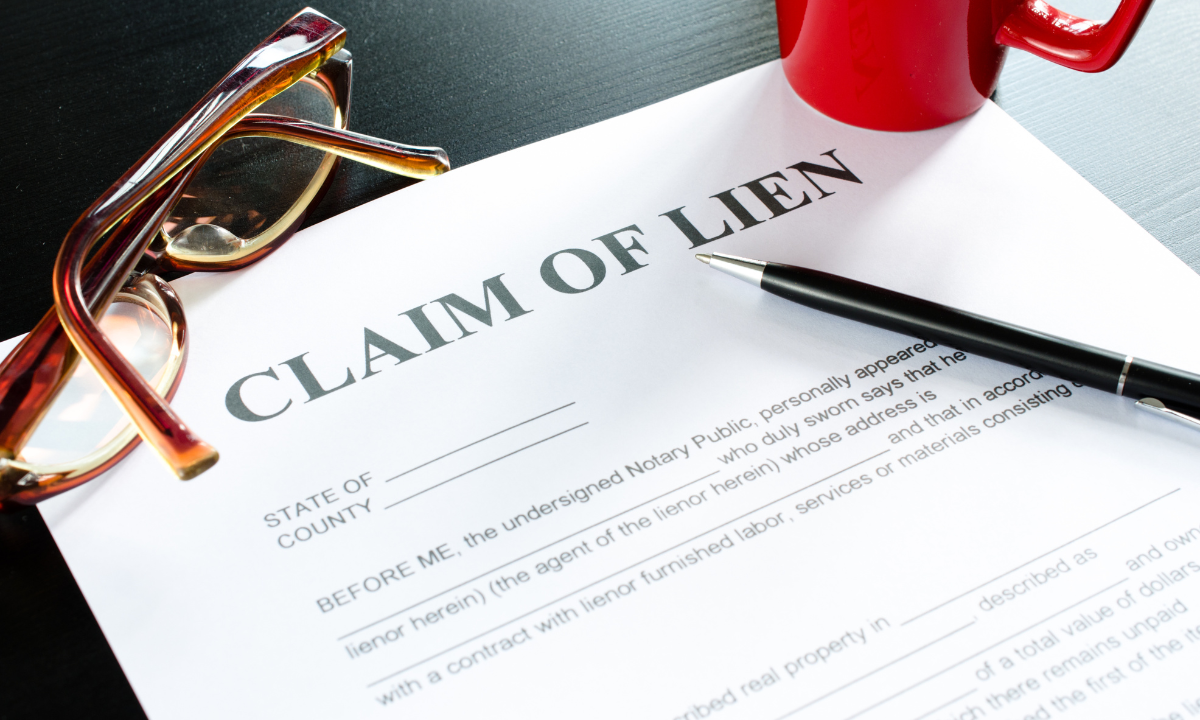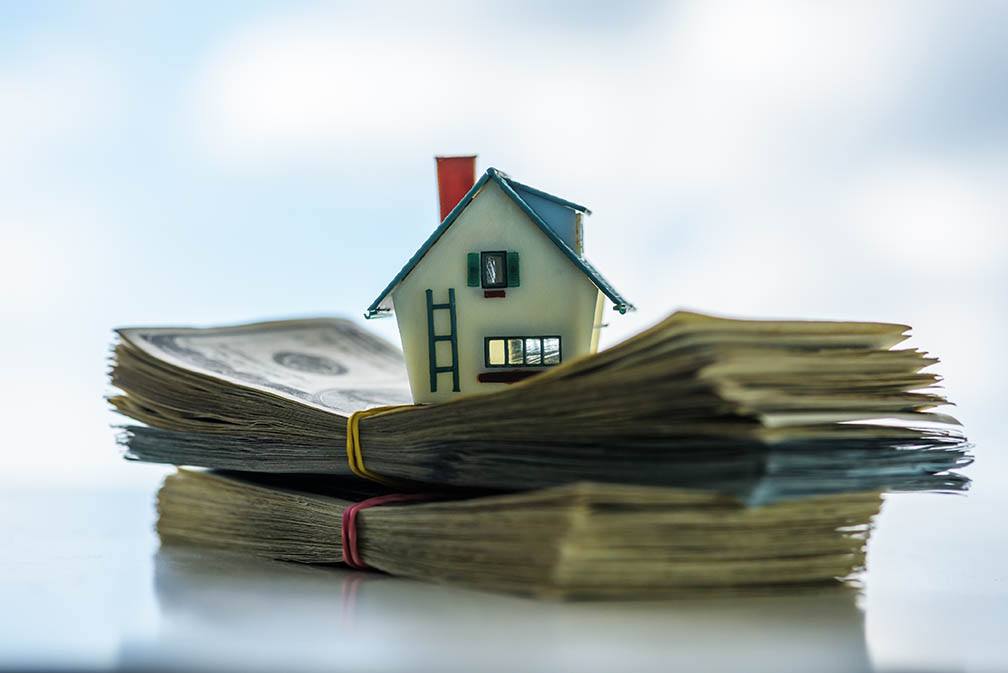 Passive real estate investing refers to an investment strategy where an individual invests in real estate assets without being actively involved in the management of those assets. In passive real estate investing, an investor typically provides funds for a real estate project, such as a rental property or commercial development, and receives a return on investment based on the performance of that project.
Passive real estate investing refers to an investment strategy where an individual invests in real estate assets without being actively involved in the management of those assets. In passive real estate investing, an investor typically provides funds for a real estate project, such as a rental property or commercial development, and receives a return on investment based on the performance of that project.
Passive real estate investing can take various forms, such as investing in real estate investment trusts (REITs), crowdfunding platforms, or private real estate funds. These investment vehicles allow investors to access real estate investments without the need to purchase and manage properties themselves.
Ways To Get Involved In Passive Real Estate Investing
It is important to thoroughly research and understand the risks associated with any real estate investment before committing funds. There are several ways to get involved in passive real estate investing, including:
Real Estate Investment Trusts (REITs): REITs are investment vehicles that own and manage income-generating real estate properties. Investors can buy shares in a publicly traded REIT, which typically pays dividends based on the rental income generated by its properties.
Real Estate Crowdfunding Platforms: Real estate crowdfunding platforms allow investors to pool their funds with other investors to invest in a specific real estate project. Investors can choose which projects to invest in and typically receive a return based on the project’s performance.
Private Real Estate Funds: Private real estate funds are investment funds that pool capital from multiple investors to invest in real estate properties. These funds are managed by a professional team that is responsible for identifying and managing the properties in the fund’s portfolio.
Real Estate ETFs: Exchange-traded funds (ETFs) are similar to REITs in that they invest in real estate properties, but they are traded like stocks on an exchange. Real estate ETFs provide investors with exposure to the real estate market while offering liquidity and diversification.
Rental Properties: While owning rental properties may require some level of active management, investors can hire property managers to handle day-to-day tasks such as finding tenants, collecting rent, and maintenance. Rental properties can provide investors with passive income through rental income and the potential for capital appreciation.
Passive real estate investing is often considered a way to diversify an investment portfolio and generate passive income, as real estate investments can provide regular cash flow through rental income or dividends. It is important to research and understand the risks associated with any real estate investment before investing. Consider consulting with a financial advisor to determine which type of passive real estate investment is best suited to your investment goals and risk tolerance.
 When it comes to buying or selling a home, working with an experienced real estate agent can be the difference between success and failure. Not only do agents possess access to the Multiple Listing Service (MLS) — a comprehensive database of properties for sale — they also provide invaluable insight into local markets, saving buyers and sellers time by handling many of the tedious tasks associated with transactions.
When it comes to buying or selling a home, working with an experienced real estate agent can be the difference between success and failure. Not only do agents possess access to the Multiple Listing Service (MLS) — a comprehensive database of properties for sale — they also provide invaluable insight into local markets, saving buyers and sellers time by handling many of the tedious tasks associated with transactions.  Are you in the process of selling your home? You probably want to buy a new one right now to ensure you have another house to move into, but what happens if you do not have the cash to buy a home right now? You might need to cash from your current home before you can purchase your next home, but can you really wait to sell your house before buying another one? A bridge loan can help you fix this issue.
Are you in the process of selling your home? You probably want to buy a new one right now to ensure you have another house to move into, but what happens if you do not have the cash to buy a home right now? You might need to cash from your current home before you can purchase your next home, but can you really wait to sell your house before buying another one? A bridge loan can help you fix this issue. A mechanic’s lien is a legal claim placed on a property by a contractor, subcontractor, or supplier who has provided labor, materials, or equipment to improve the property. The lien serves as security for the payment of the debt owed to the party who provided the services or materials.
A mechanic’s lien is a legal claim placed on a property by a contractor, subcontractor, or supplier who has provided labor, materials, or equipment to improve the property. The lien serves as security for the payment of the debt owed to the party who provided the services or materials. Owning a home can be an exciting and rewarding experience, but it’s important to be aware of the expenses that come with homeownership. Understanding these costs can help you prepare for and manage them effectively, ensuring a smoother transition into your new home.
Owning a home can be an exciting and rewarding experience, but it’s important to be aware of the expenses that come with homeownership. Understanding these costs can help you prepare for and manage them effectively, ensuring a smoother transition into your new home. Choosing the perfect home to settle in can be a tough decision. You have to weigh in on many factors including price, size, features and amenities, number of bedrooms and baths, design, and so on. However, all these factors are not enough to give you a great home ownership experience if you fall into the wrong neighborhood.
Choosing the perfect home to settle in can be a tough decision. You have to weigh in on many factors including price, size, features and amenities, number of bedrooms and baths, design, and so on. However, all these factors are not enough to give you a great home ownership experience if you fall into the wrong neighborhood.